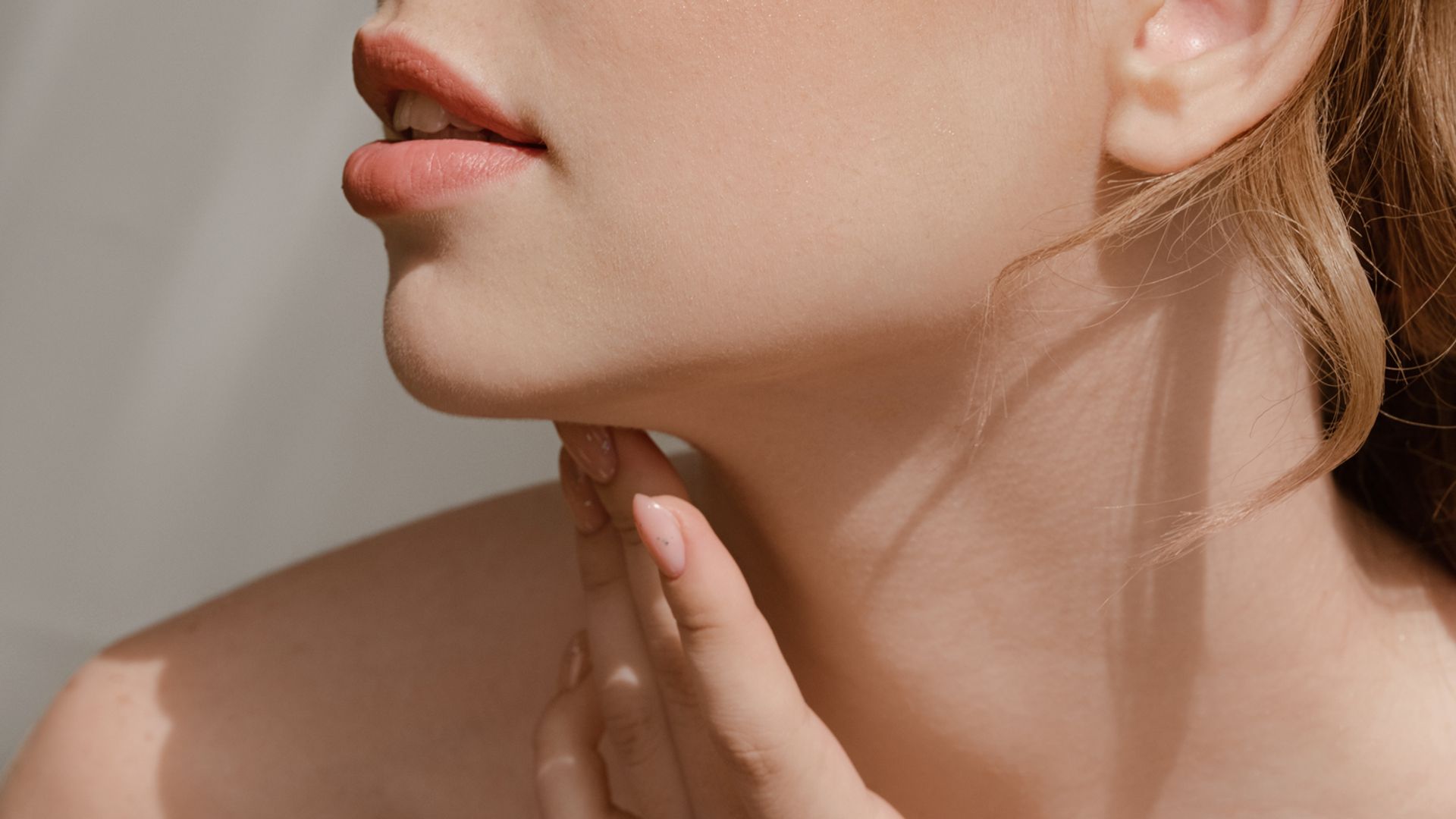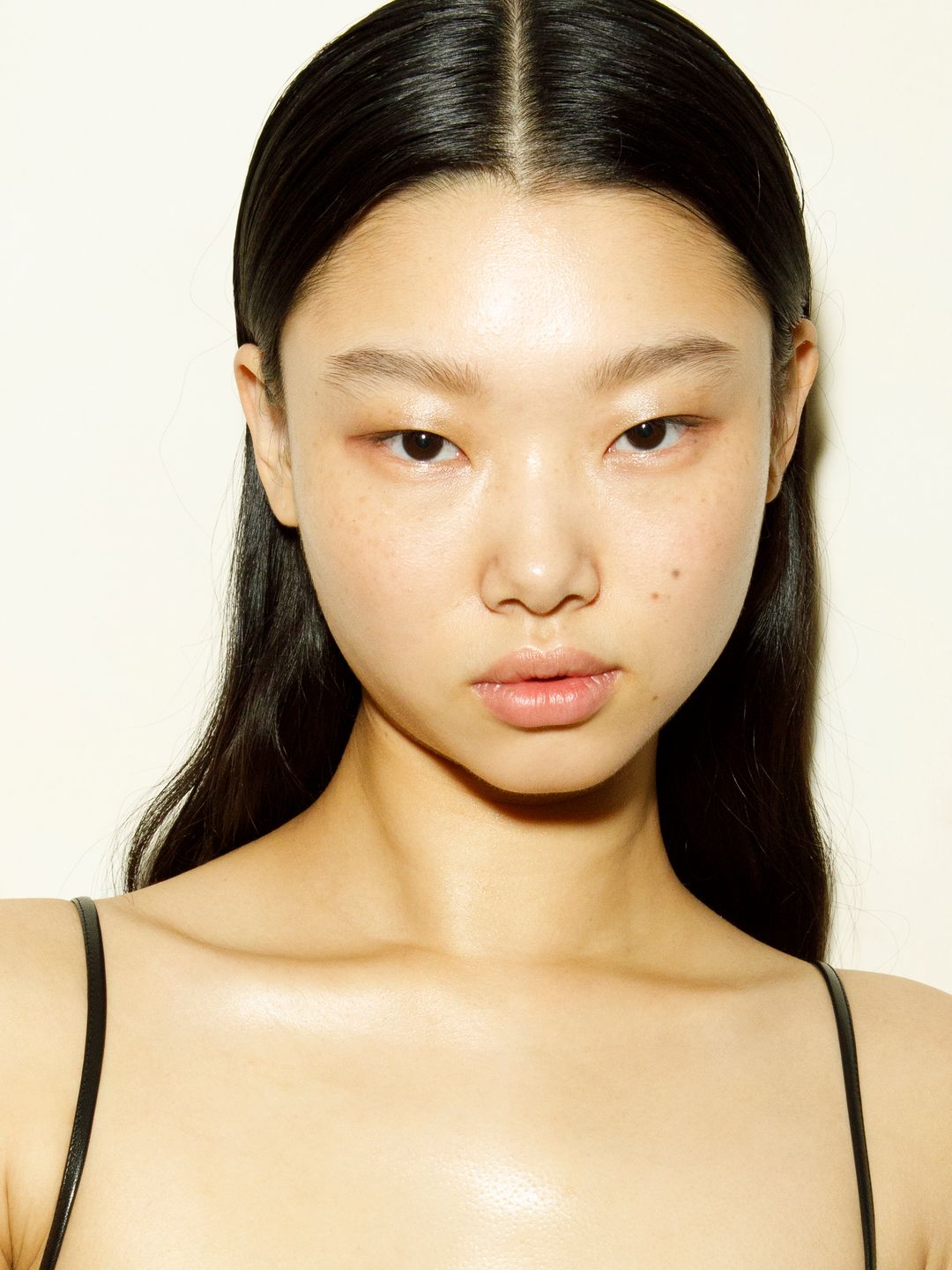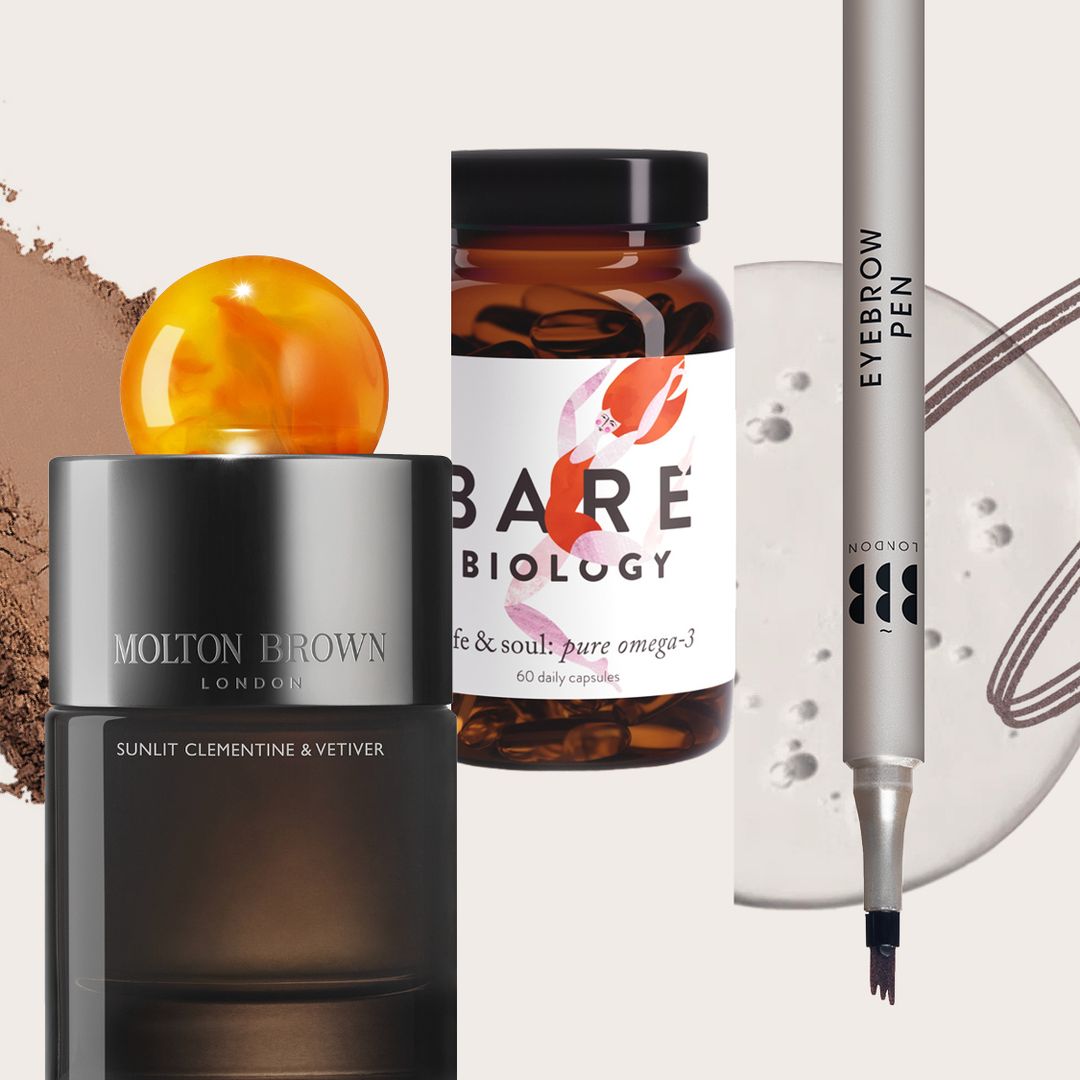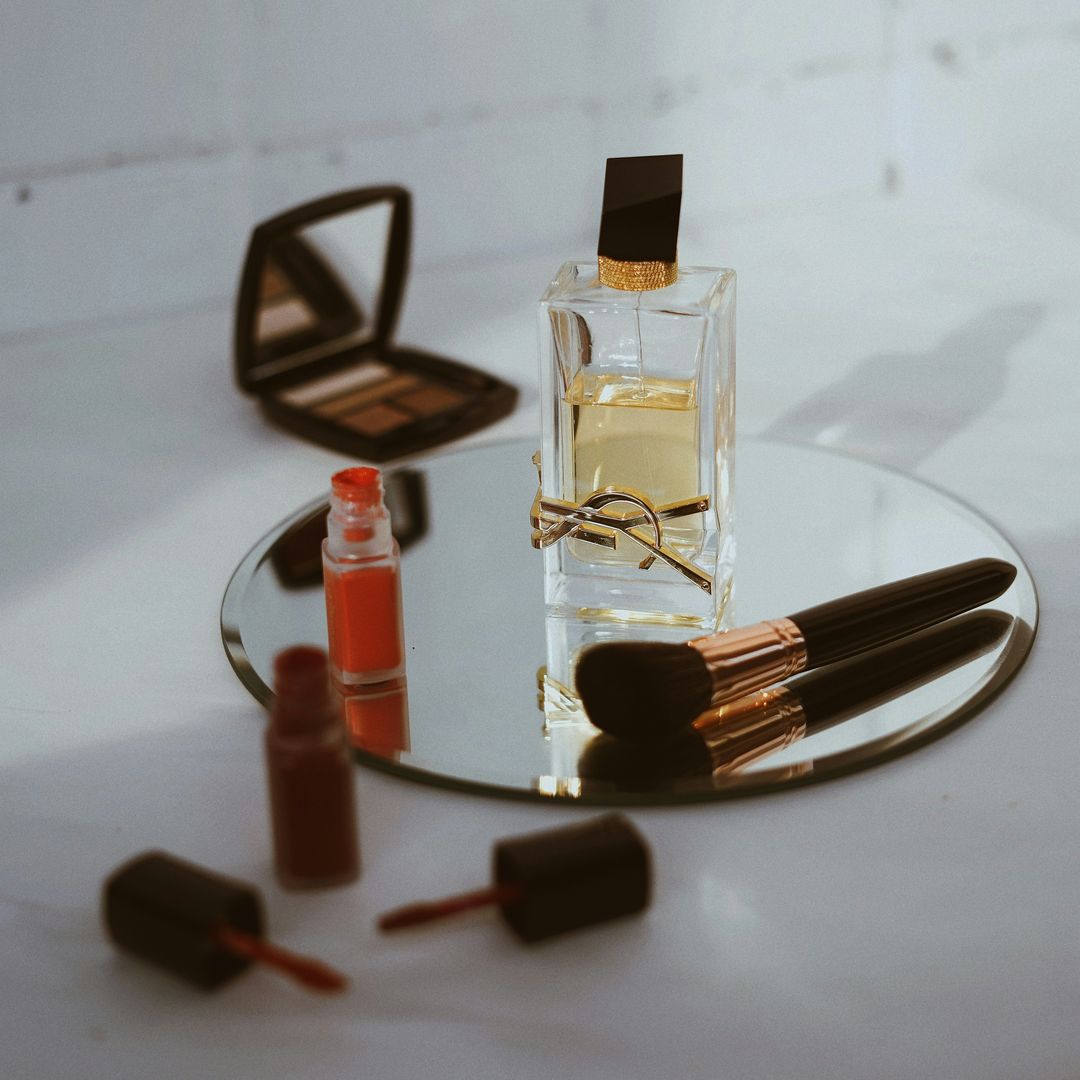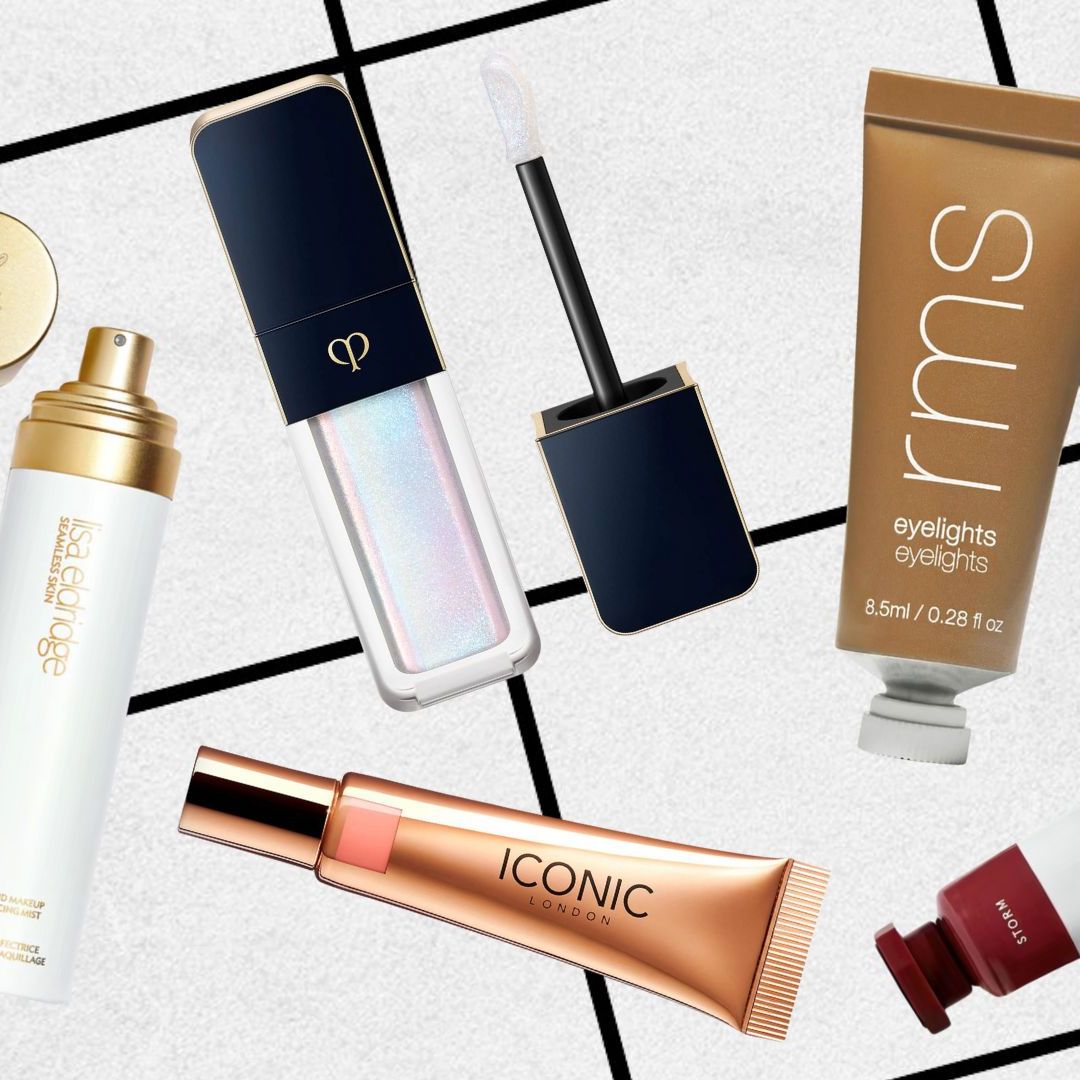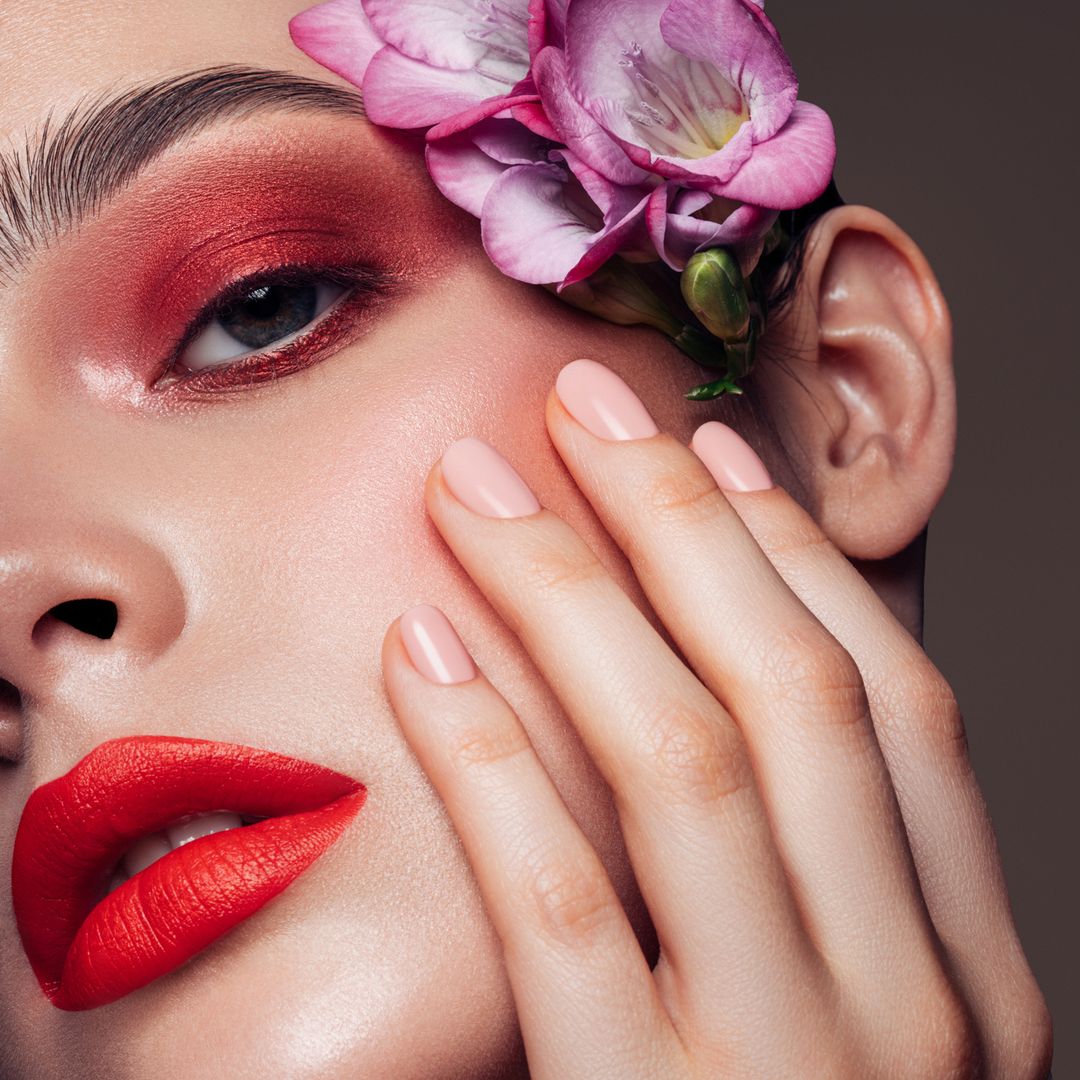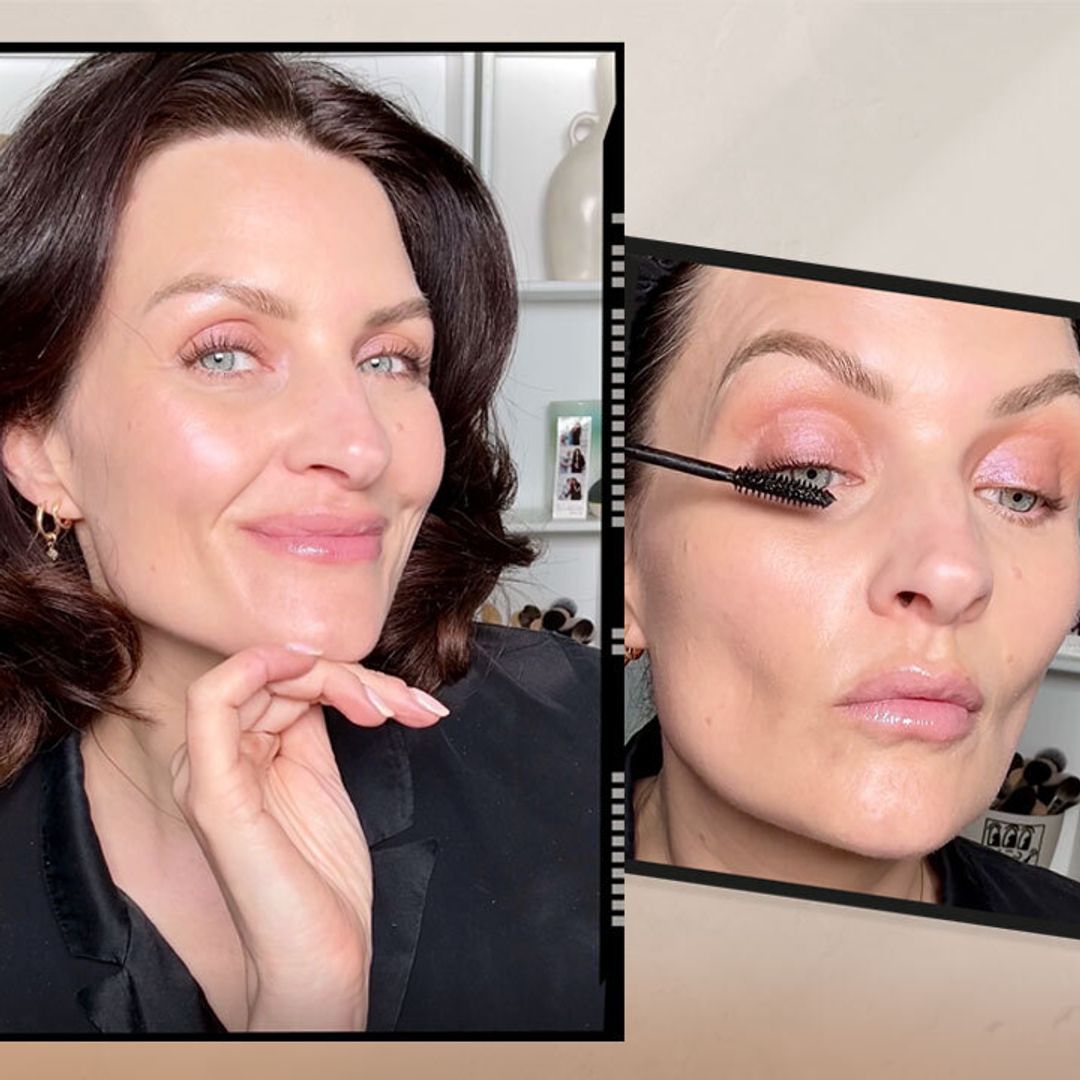Cold weather and fierce blasts of central heating can wreak total havoc on your skin, meaning that for those that suffer from dehydration, winter is a pretty cruel beast.
The other major skincare foe that causes mayhem around this time of year? For that pleasure, you have alcohol to thank.
Between Christmas tipples and New Year's Eve spirits, the end of the year tends to be fairly boozy which can leave your skin feeling uncomfortable, tight and dull – the holy trinity. Not a vibe.
MORE: What is double cleansing and how to do it right - according to a celebrity facialist
How can you tell whether your skin is dehydrated or dry?
Anyone can experience dehydration, irrespective of their skin type. Dry skin tends to be more of a "chronic or long-term state, often inherited", according to Emma Coleman, dermatology & aesthetic RGN and clinical director at Emma Coleman Skin. "This is governed by the amount of oil, or sebum, naturally occurring in your skin and while it can be managed, there is no cure to speak of. Those with dry skin tend to have hair and nails which follow suit."
Drier types often have minimal pore visibility and feel tight after washing, so Emma recommends keeping water usage directly on the face to a minimum.
"Dehydrated skin on the other hand describes the condition of the skin when it is lacking in moisture," she explains. "The skin is made up of 70% water, 25% of which is usually found in the epidermis, but this can be vastly reduced due to environmental, and lifestyle influences as well as the natural ageing process."
"Any type of skin can become dehydrated – mature, dry, sensitive, combination, oily - and often the more moisture your skin loses, the more oil is produced by the sebum glands to counteract this, giving the impression of oily skin, which masks the real issue."
READ: What is slugging and is it actually good for your skin?
RELATED: What is dermaplaning? The benefits and the side effects
How can I tell if my skin is dehydrated?
Rather than appearing rough or flaky, dehydrated skin will likely look and feel tight, dull and papery. (Although, don't forget that it is entirely possible to suffer from both dryness and dehydration.) It can also be linked to premature signs of ageing, such as reduced elasticity and fine lines.
Emma points out that factors such as heating, pollution, menopause, smoking, alcohol and very hot, dry climates can cause and exacerbate dehydration. "You may even find that your makeup doesn't last all day, as your skin desperately tries to absorb its water content," she adds.
How we chose:
- Ingredients: All our skincare product selections are packed with hydrating ingredients, from hyaluronic acid to glycerin, or are specifically formulated to help you lock in the moisture.
- Performance and personal testimony: The hydration-related beauty buys chosen below are products that I (Hello! Fashion's resident beauty obsessive Orin Carlin) personally really rate.
Top ingredients to combat dehydrated skin
1. Humectants
Hyaluronic acid, one of the best ingredients for moisture retention, is a humectant which works by binding itself to water molecules for lasting hydration. It shows up on the ingredient list of plenty of serums and creams - often in salt form, listed as "sodium hyaluronate".
Another hydration hero comes in the form of glycerin. This ingredient, another humectant, is effective at drawing water into the skin from below or from the air, in turn making the skin appear smoother. Glycerin is present in plenty of skincare products, including mists and serums.
2. Emollients
Often waxy in texture, emollients are ingredients that seal in the moisture, preventing transepidermal water loss (TEWL) – the term used to describe when water from the dermis passes through the epidermis and evaporates into the air.
Emollient ingredients to look out for include shea butter, squalane and other plant oils.
3. Ceramides
Ceramides are lipids, a group of fatty acids, that are naturally present in the skin. They work to support barrier function and maintain hydration levels.
As we age, the fatty acid levels present in our skin diminish, and so, ceramides are key for keeping the skin supple, smooth and preventing moisture loss.
Why you should trust me:
Orin Carlin is Hello! Fashion’s SEO Content Writer. Promising to leave no stone unturned in the name of fashion and beauty journalism, she is the proud creator of our ‘Try The Trend’ series. With a particular interest in formula innovation, microtrends, royal and bridal beauty, perfume, rituals, treatments, fashion history and vintage icons, she can either be found interviewing major industry names (previous subjects include Georgia May Jagger, Mary Greenwell and Sam McKnight) or scouring the internet for must-have pieces. It's not just a job; it's a personal quest to unearth noteworthy pieces that resonate with style and beauty enthusiasts.
Like this story? Sign up to our Hello! Fashion newsletter to get your weekly 'Fashion Fix' delivered straight to your inbox.
